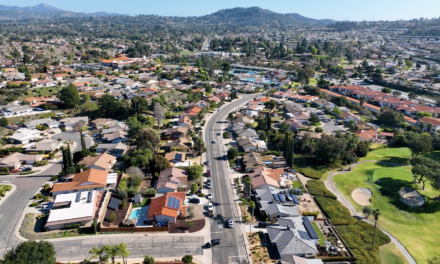Facts: A property owner enters into a mortgage with a note provision for payment of a late fee set as an amount equal to interest accruing on the entire unpaid principal balance of the debt when a payment becomes delinquent. A mortgage payment becomes delinquent and the mortgage holder demands payment of the late payment fee. The owner refuses to pay the fee. The mortgage holder seeks to enforce collection of the late payment fee.
Claim: The owner claims the mortgage holder may not enforce the late payment fee since the provision is an unlawful penalty as the amount bears no relationship to the losses the mortgage holder incurred by the delinquency.
Counterclaim: The mortgage holder claims the property owner owes the late payment fee since the owner was delinquent on a mortgage payment and agreed to the late payment provision in the mortgage documents.
Holding: A California appeals court holds a mortgage holder may not enforce a late fee provision calculated as a percentage of the entire unpaid principal balance since the interest fee is unrelated to the actual losses the mortgage holder incurred by the delinquent mortgage payment and is therefore an unlawful penalty. [Honchariw v. FJM Private Mortgage Fund, LLC (2022) 83 CA5th 893]
Editor’s note: The late fee provision is a one-time fee stated as a reasonable fixed dollar amount or an accrual of interest on the amount of the delinquent payment from the due date until the payment is received.
A late fee provision is collectible when a scheduled payment is not received and becomes delinquent. To initiate collection, the mortgage holder gives notice to the property owner of the amount incurred and makes a demand on the owner for payment.
Read Honchariw v. FJM Private Mortgage Fund, LLC, here
Related Reading:
Real Estate Finance Chapter 5: Special provisions for a note
Related article:














